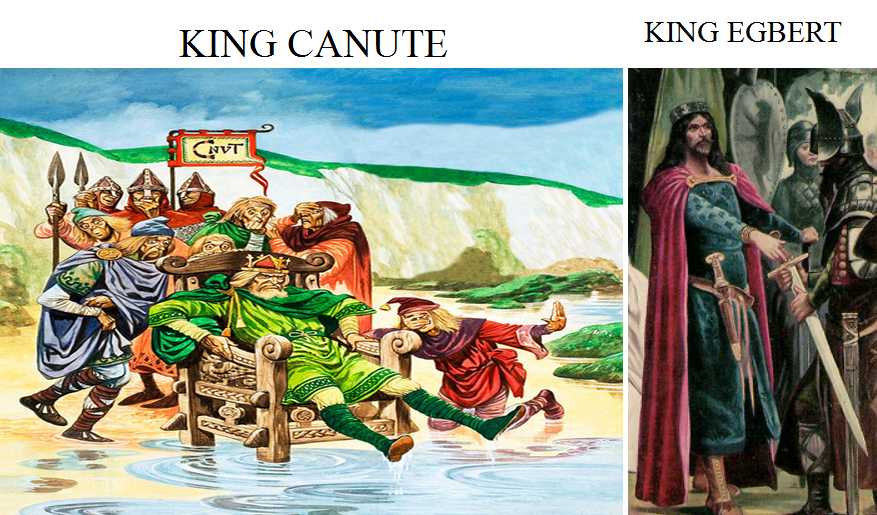346.WHO WAS THE FIRST RULER OF ENGLAND?
We tend to think of Britain as being part of Europe since the beginning of history, but actually this isn’t so. It wasn’t until the first century B.C., when the Romans invaded Britain, that anyone in Europe knew anything at all about Britain. Its history before that is something we know very little about.
At the time of the first invasion, the inhabitants were called Britons. They spoke various Celtic dialects, practiced some agriculture, raised cattle and horses, and used iron for their tools and weapons. Most of them lived in thatch-roofed huts in small villages. It was the Romans who built cities there and connected them with roads.
When the Romans left, early in the fifth century, the inhabitants were left weak and divided. Hordes of Angles, Saxons, and Jutes came from Denmark and the country around the Rhine. After the Angles settled there, the country came to be called England.
Seven large kingdoms developed from the hundreds of small tribes that had settled in England. The original Britons were forced back into the highlands of Wales and Scotland.
The seven kingdoms together were called the heptarchy, and in the ninth century, they were united under Egbert, who was the first king of all England. By this time, the English had become Christians and were united in faith with most of the continent of Europe.
Under King Alfred the Great, they were again obliged to fight for their homes against pagan Danish invaders. It was not until the eleventh century that the country finally became united under the Danish king, Canute.
Later on, an Anglo-Saxon king, Edward the Confessor, came to the throne, and under him, the country enjoyed 24 years of peace. But after his death, disputes broke out again as to who was to succeed him. Finally, William, Duke of Normandy, invaded England in 1066 and was later proclaimed king.
This Norman conquest of England changed English life so much that it is considered the beginning of an entirely new period of English history.



Leave a Reply